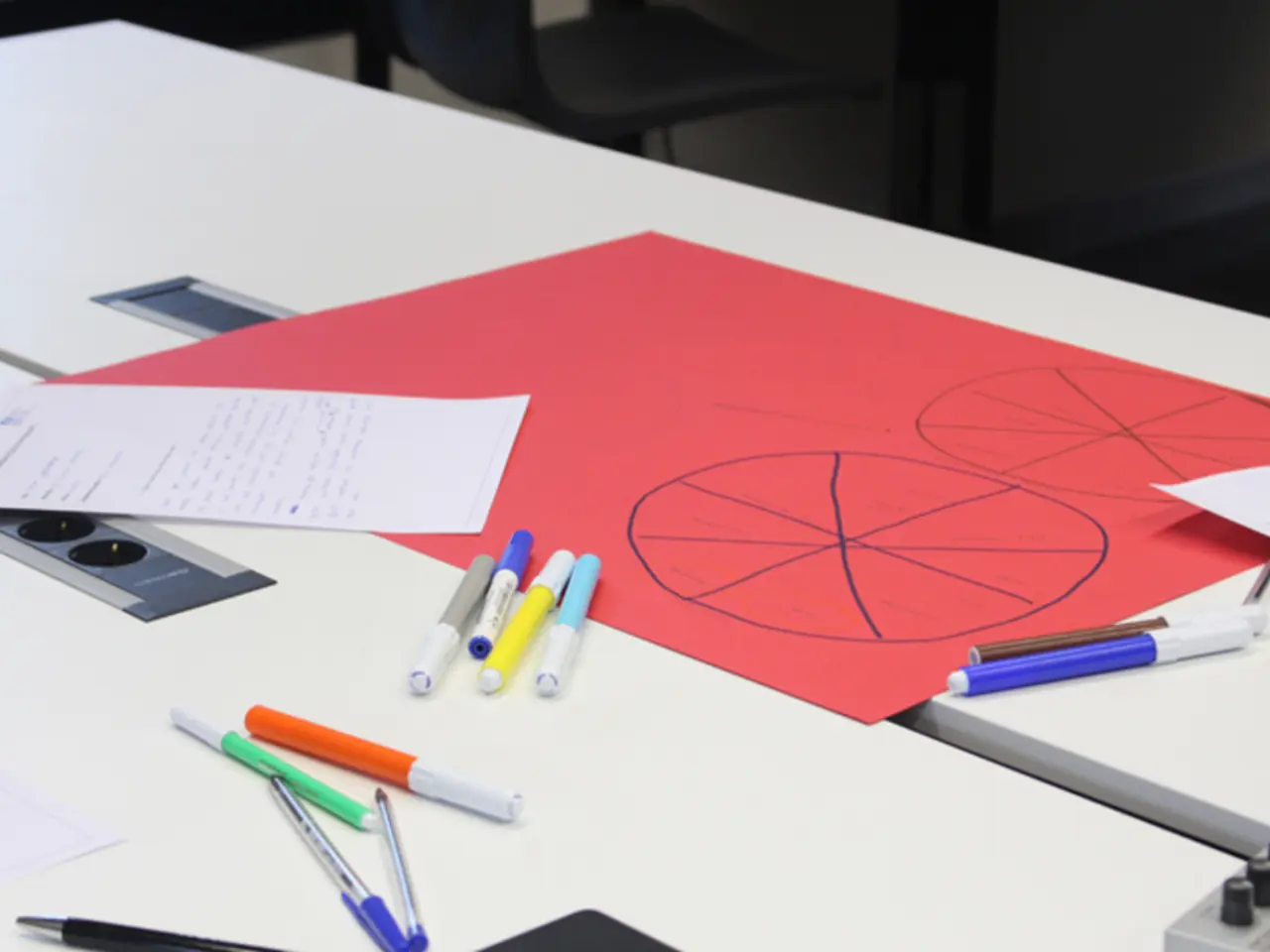Identifying Neurodivergence: 11 Anger Outbursts That May Suggest It
Neurodiversity, a term that refers to differences in the brain's functioning, attitude, or thoughts, is a concept that is gaining more recognition in today's society. It encompasses a range of conditions, including Autism Spectrum Disorder, Attention Deficit Hyperactivity Disorder (ADHD), Tourette Syndrome, high sensitivity, giftedness, dyslexia, dyscalculia, and dyspraxia, among others.
For neurodivergent individuals, accepting one's authenticity is crucial, especially when facing difficulties due to their condition. Understanding one's condition through a diagnosis can make a significant difference, providing a pathway to understanding and acceptance.
One of the common characteristics of neurodivergent individuals is the unique way they view reality. This can lead to innovative thinking, resulting in unique solutions to challenges or problems. Recognizing patterns, especially in the behaviors of others or in certain situations, can be a neurodivergent strength.
However, neurodivergent individuals also face challenges. Inflexibility can manifest as an inability to adapt or have very deep interests in certain topics. Sensory sensitivity may cause unusual sensitivity to light, sound, heat, cold, or crowds. Neurodivergent people may also experience learning difficulties linked to difficulties with concentration, reading, or calculation.
Speech and language problems can involve stuttering or repeating certain words or phrases that others say. Unusual physical behaviors can include rocking, expressing tics, saying things abruptly, or shouting at unexpected moments. Social communication problems can include difficulty making eye contact, speaking with others, or understanding body language.
ADHD, a neurodevelopmental disorder involving inattention, hyperactivity, and impulsivity, is also considered neurodivergent. Autism, on the other hand, involves differences in social communication skills, fine and gross motor skills, speech, among others.
Despite these challenges, neurodivergent individuals have both unique strengths and capabilities. Many have a high ability to observe and pay attention to detail. Focused attention is a neurodivergent strength that allows for long periods of concentration on a topic or activity of interest. Neurodivergent people may also have strong skills in specific topics such as music, science, or art.
It's important to note that neurodivergent conditions are not negative; they are used to identify differences and accept them. Focusing on one's strengths and positive qualities can help neurodivergent individuals overcome challenges and lead fulfilling lives.
In most cases, neurodiversity exists from birth, and not receiving a diagnosis can impact a person's emotional well-being. Inflexibility in societal norms and expectations can make it difficult for neurodivergent individuals to thrive. It's crucial to create an inclusive environment that celebrates diversity and supports neurodivergent individuals in their unique journeys.
In conclusion, neurodiversity is a valuable aspect of human diversity. By understanding and accepting neurodivergent individuals, we can create a more inclusive society where everyone can thrive.
Read also:
- Administration's effort to dismiss thousands of Health and Human Services employees denied by the court
- Funds amounting to approximately 1.17 million euros designated for local meetings regarding nursing practices
- Advocating for nationwide Covid-19 vaccinations over targeted vaccinations for high-risk groups could potentially save thousands of additional lives in the United States.
- Competing strategies for addressing infertility come under scrutiny in the halls of Congress






